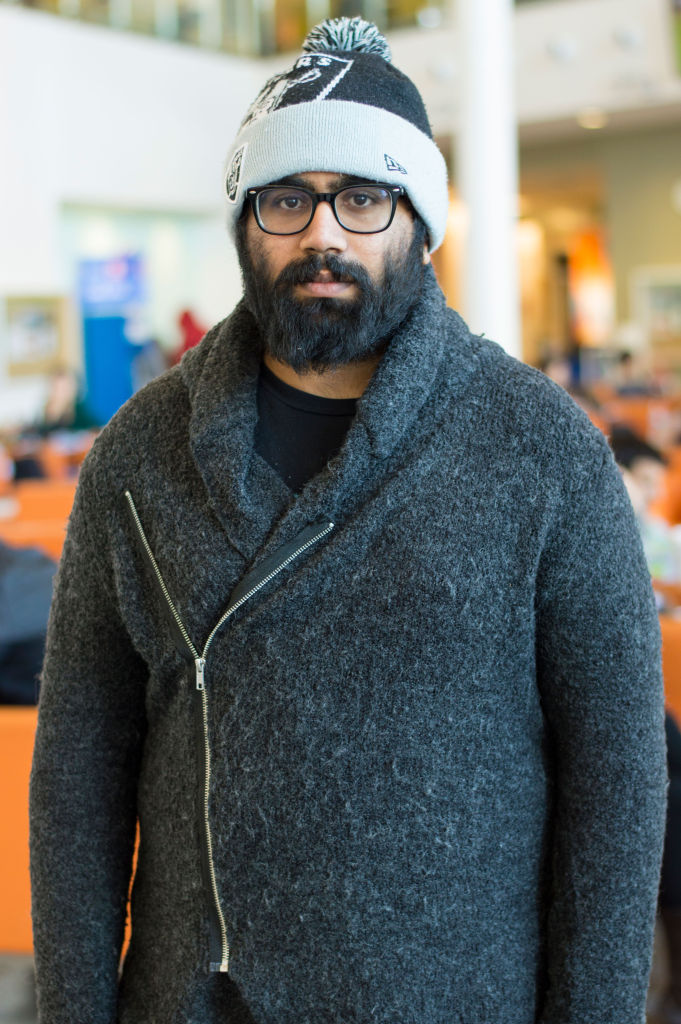
With religious anthems blaring into my ears, I step out of a building on to the dusty sidewalk in my fresh new white Jordans to the sight of 20 homeless people lined up with their hands in front of their lifeless bodies.
Hands, half of which have lost fingers to leprosy, beg anyone for anything that they can spare. Meanwhile, a police officer with an assault rifle strapped to his chest accepts a bribe and forgets about the fine he was about to hand out.
This is India. This is what it’s been for as long as I can remember.
As someone who was born here but has been my parent’s birthplace ample time, I have gained an understanding of both environments and believe that I can provide insight into how we can better equip ourselves as we look to expand our involvement in India.
Under the new government, Prime Minister Narendra Modi promises to change the corruption and seemingly endless stagnation that has plagued the country for decades. Shivraj Singh Chauhan, Madhya Pradesh’s chief minister, recently described Modi as “God’s blessing to the country.”
Algonquin is now looking at existing colleges in India to form partnerships, improving both their curriculum and allowing exchange opportunities for student’s right here.
And with the current state of where India is heading, under the new lead of Prime Minister Modi, I think it’s a great idea.
India is becoming an increasingly important market to penetrate, considering that the Indian economy grew at 7.5 per cent in 2015, compared to the 6.9 per cent increase in China.
There has never been a time in which you could fire up the site of an Indian news organization and see only positive stories under the “economy” tab, but this is all changing.
A positive force, under the name of Modi, has taken over the country and is guiding it out of the gutter.
Algonquin being part of the Indian landscape is an even more attractive idea when you consider the cultural tendencies that the country exhibits.
Families will spend more than what they could ever afford to simply allow their children the opportunity to gain an education on par with the western world.
If Algonquin can take advantage of this cultural mindset, it’s a reasonable assumption that it will be successful.
However, it is of the utmost importance that Algonquin correctly chooses the colleges that it partners with and makes sure that the programs they implement are properly supervised.
It’s imperative that we have faculty who understand the country monitoring the exchange programs because in a country where buildings are so tall, there will always be shadows for things to disappear regardless of how much light shines through the windows of the government.
Furthermore, there needs to be an open dialogue with the faculty in charge of the western programs being implemented in India. Only a few years ago there was a similar deal struck with a school in India, shipping over various curriculum including our journalism program.
But, the program didn’t work out because no one on their end was following our guidelines, according to Joe Banks, a journalism professor who had traveled over to India to check on the program.


